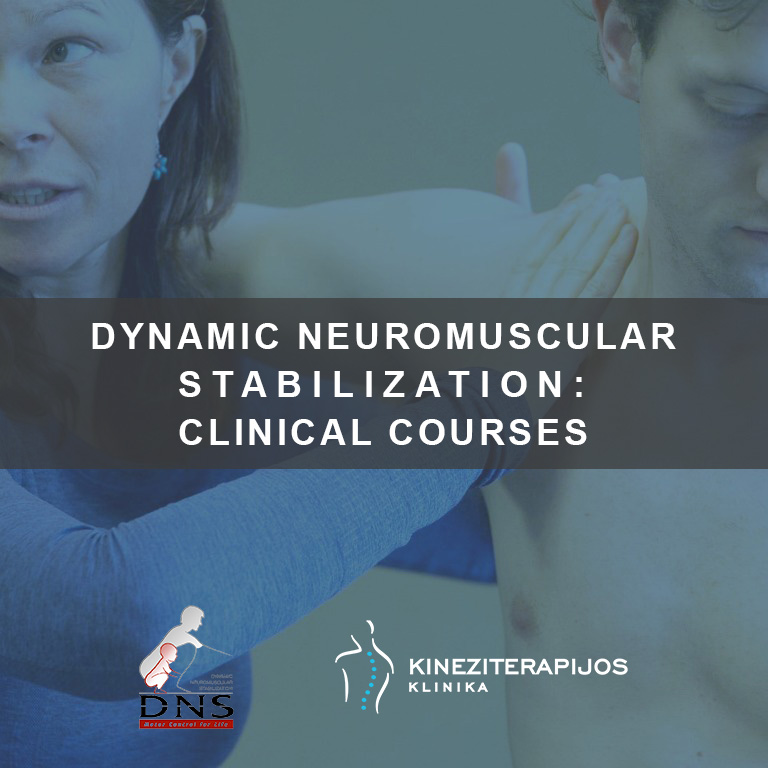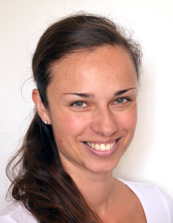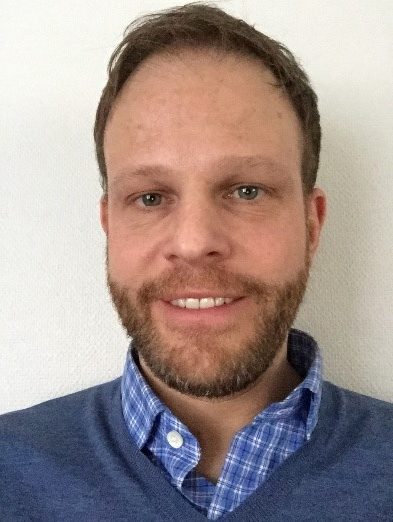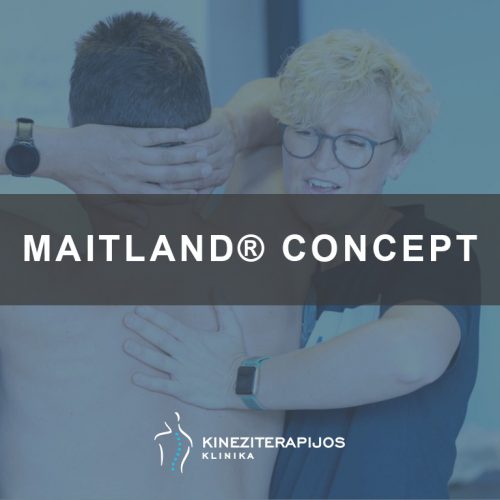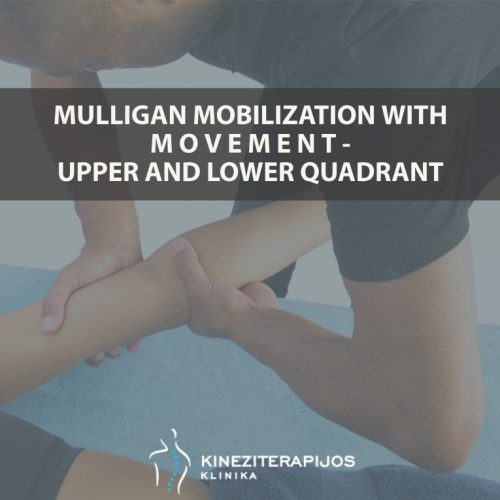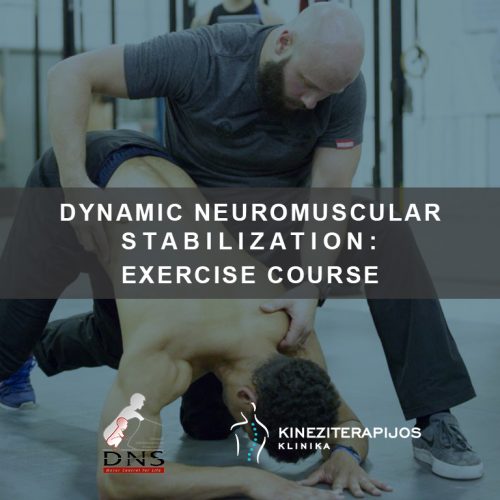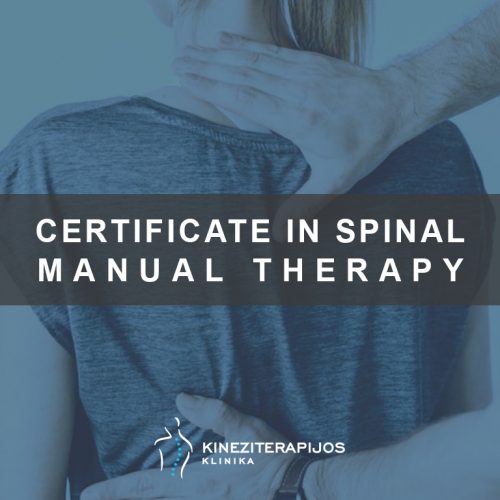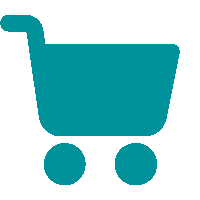Course attendees will have a clear understanding of:
• Demonstrate an understanding of developmental kinesiology and its relationship with pathology of the locomotor system: review theory covered in the A course and introduce more advanced theory, namely the verticalization process
• Describe the basis for primitive reflexes and postural reactions and their roles in developmental kinesiology
• Introduce basic information about reflex locomotion according to Vojta
• Perform demonstration of assessments of babies: attendees will be able to recognize ideal and disturbed locomotor patterns and determine developmental age of the babies
• Demonstrate and teach proper handling of infants
• Demonstration application of DNS assessment and treatment in adult patients with pain and dysfunction within the locomotor system – stabilization assessment and treatment strategy
• Postural analysis & testing of integrated spinal stabilization system – review of Course A tests and introduction to additional, advanced tests
• Integration of corrective exercises based on newly taught DNS functional tests
• Exercise in differentiated ipsilateral and contralateral static positions, position transfer during locomotor function, exercise progression using unstable surface, resistance against “planned movement”, dual tasking and other challenges both in ipsi and contralateral patterns, transition between ipsilateral and contralateral patterns, training of isolated segmental movement
• Introduction to cortical functioning – body scheme, quality of relaxation, isolated segmental movements
• Provide more complex clinical management explanation for clinicians to better integrate more advanced DNS protocols into clinical practice
• Optimally prepare students for the next level of training (Course “C”)
OPTIONAL EXAMINATION
Participants who would like to participate in the educational track towards becoming a certified practitioner can take this exam for an additional fee of 100 Euros. The test will consist of an analysis of babies at various developmental stages. Web link with videos will be mailed to participant for analysis. Participants are required to return the test to the local instructor within a month after the course. Upon successful completion and passing of the test, a Certificate of ACHIEVEMENT from Prague School of Rehabilitation will be awarded.
May only re-take the test 3 times.
The clinician would be required to repeat one or more courses, before re-qualifying for certification
testing.
Tentative Course Program
Day 1
9.00 – 10.30 Developmental kinesiology & ontogenesis; review of the basic principles.
10.30 – 10.45 Coffee break.
10.45 – 12.30 Primitive reflexes, postural reactions & postural activity during the first year of life. Functional assessment during the first year of life – demonstration of babies & video demonstration. Distinguish physiological and pathological development; central coordination disturbance; determine the developmental age. Proper baby handling.
12.30 – 13.30 Lunch.
13.30 – 15.00 DNS active exercise in supine positions – review and advanced modifications. Muscle synergies in supine DNS /ontogenetic positions.
15.00 – 15.15 Coffee break.
15.15 – 17.00 DNS active exercise in supine positions – workshop.
Day 2
9.00 – 10.30 DNS active exercise in prone positions – review and advanced modifications. Muscle synergies in prone DNS /ontogenetic positions.
10.30 – 10.45 Coffee break.
10.45 – 12.30 DNS active exercise in prone positions – workshop.
12.30 – 13.30 Lunch.
13.30– 15.00 Developmental dyspraxia, DCD, cortical function – theory, video demonstration & practical outcomes.
15.00 – 15.15 Coffee break.
15.15 – 17.00 Workshop: supine and prone positions – cont.
Day 3
8.30 – 10.30 DNS active exercise in side lying positions – introduction on basic muscle synergies. Possible modifications of ipsilateral locomotor pattern training and progression.
10.30 – 10.45 Coffee break
10.45 – 12.30 DNS active exercise in side lying positions – worksop. Advanced “higher” ontogentic positions for active exercise. Patient’s education.
12.30 – 13.30 Lunch
13.30 – 15.00 DNS based mobilization & relaxation techniques. Final DNS review & discussion.

